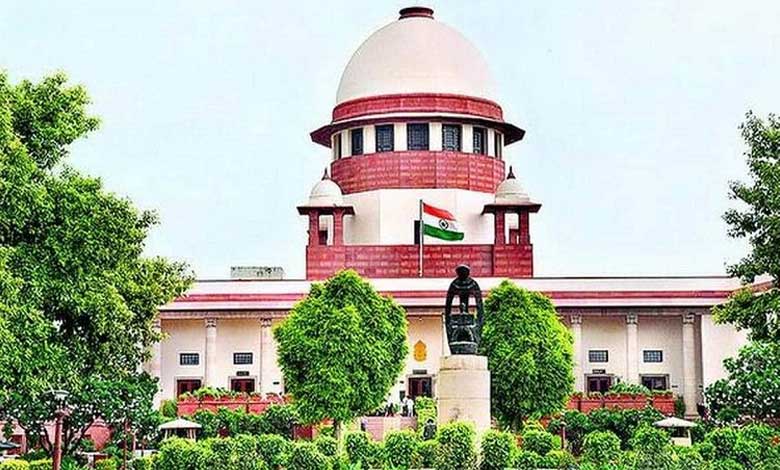Supreme Court Cancels Land Allocations for Housing Societies Under GHMC
However, the Supreme Court's decision has cast uncertainty over the ownership and legal status of the lands allocated to these societies. This development raises broader questions about the land distribution process by state governments and the legality of such allocations.

Hyderabad: In a significant ruling, the Supreme Court of India has canceled the land allocations made to housing societies within the limits of the Greater Hyderabad Municipal Corporation (GHMC). The decision was delivered by a bench led by Chief Justice Sanjiv Khanna.
Also Read: What Are the Fastest Growing Cities in the World?
The ruling impacts lands various governments allocate to public representatives, government officials, and journalists in GHMC areas. Rao B. Chelikani filed a petition challenging these allocations in the Supreme Court. After thorough deliberation, the court issued its final judgment, declaring the allocations void.
Notably, the Congress government had allocated residential plots to members of the Jawaharlal Nehru Journalist Housing Society. On September 8 this year, Telangana Chief Minister K. Chandrashekar Rao ceremoniously handed over allocation documents to beneficiaries at an event held at Ravindra Bharathi, Hyderabad.
However, the Supreme Court’s decision has cast uncertainty over the ownership and legal status of the lands allocated to these societies. This development raises broader questions about the land distribution process by state governments and the legality of such allocations.
Key Implications:
- Beneficiary Impact: Allottees of these plots, including journalists and officials, face an uncertain future regarding their claims.
- Government Policies: The judgment highlights potential legal flaws in state government land allocation practices, emphasizing the need for transparency and compliance with laws.
- Legal Precedent: The ruling may be a reference for challenging similar allocations elsewhere in India.
Further developments in this case are expected as stakeholders respond to the Supreme Court’s directive.
